

Cropped(1).jpg)
The EPB in Brussels consisted of a series of gatherings. It began with a welcome dinner reception on December 2 at the beautiful Royal Museum of Fine Arts of Belgium, providing an opportunity for participants to connect in an informal setting.
.jpg)
The cost of living and the defence of Europe are the issues that most concern citizens, but priorities vary from country to country. How should Christian politicians in the European Parliament act? We asked the European Christian Political Party.
.png)
A new report on French television warns of the influence of evangelicals in European politics. Julia Doxat-Purser responds based on her decades of experience in political dialogue in Brussels.

The UK’s most visited pornographic website lost over a million visitors. “Our children deserve a porn free childhood”, says the Online Safety lead for Christian charity CARE.
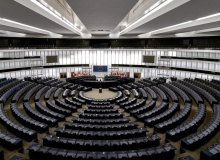
Measures include age verification on pornographic sites and criminalising the creation, possession and exchange of child sexual abuse material generated by artificial intelligence.
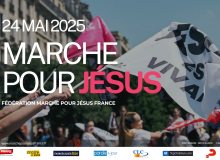
In Paris, participation reached a new record, with between 40,000 and 50,000 participants. There were also marches in Guadeloupe and French Guiana.
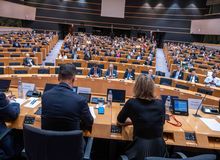
A panel discussion at the EU Parliament analyses the challenges of religious freedom in Europe. The European Prayer Breakfast was held before with around 450 guests.
.jpg)
Christians who trust in the lordship of Jesus Christ do not have a strong political influence. But what we do have, and probably underestimate, is a hope for the future of Europe.

Nationalism’s seductive power still today, lies in its ability to offer a primal narrative of unity and identity as well as an operative sense place.
.jpg)
The hard right and nationalists will not be indispensable in the new European Parliament but hey shake the national scenario in countries like France and Germany.
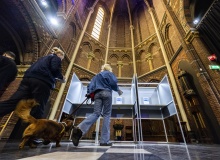
How can or should churches respond to the upsurge of nationalism in general, and in particular the way in which it plays a key-role in populist movements?
.jpg)
The Evangelical Alliances in Sweden, Austria, Germany and Spain offer resources to give reasons to vote for the European Parliament, on 6-9 June.
.jpg)
So much has changed since the last European Parliament election in 2019, but one thing that hasn’t changed is the influence of nationalism. If anything, it is a bigger issue in 2024 than it was in 2019 or back in 2010.
.jpg)
Christians may vote for different political parties but there is great significance in praying together in humility and unity for our nations and our continent. Here are some suggestions.
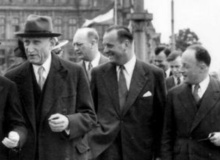
As we go to the voting booths this week to decide who will represent us in the European Parliament, we need to vote for candidates who understand both the calling and responsibility of Christians to be light, salt and leaven in society.
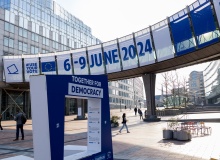
No matter what some candidates might tell you, there are no easy fixes to complicated issues. We trust that this list of questions will help you in your preparations for the European elections.

We live in a fallen world. All of us – our politicians, our leaders, ourselves – are tainted by sinful tendencies. Which is why we need institutions to keep power in check.
.jpg)
Christians & European elections (4). The representative in Brussels of the European Evangelical Alliance says voters need to understand that “politics won’t be able to solve all problems overnight”.
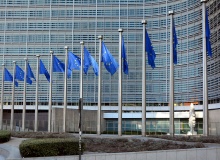
The workings of the EU institutions can seem distant, foreign and boring. Yet so much happens there that shapes our European way of life, whether we realise it or not.
.jpg)
Fear of invasion and war. Fear of losing one’s cultural identity and community. Fear of climate disaster. Fear of demonization because of who I am or what I believe and say. Where to go for hope?
.jpg)
Christians & European Elections (3). The Moldovan Valeriu Ghiletchi leads a movement of Christian politicians in Europe. He calls on citizens to defend the rights enjoyed on the continent.
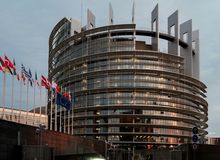
MEPs define forced marriage, illegal adoption and surrogacy as forms of exploitation.
.jpg)
Christians & European Elections (2). Evangelical voices in six countries agree on seeking more collaboration and foresight to maintain peace. Most rule out pacifist approaches.

Be aware of the role of artificial intelligence in elections, especially in your social media timeline. Truth and trust should go hand in hand.
.jpg)
Arie de Pater of the European Evangelical Alliance in Brussels: “The fact that a majority in the Parliament calls for abortion as a human right is no doubt discomforting to many if not all Evangelicals across Europe”.

Las opiniones vertidas por nuestros colaboradores se realizan a nivel personal, pudiendo coincidir o no con la postura de la dirección de Protestante Digital.